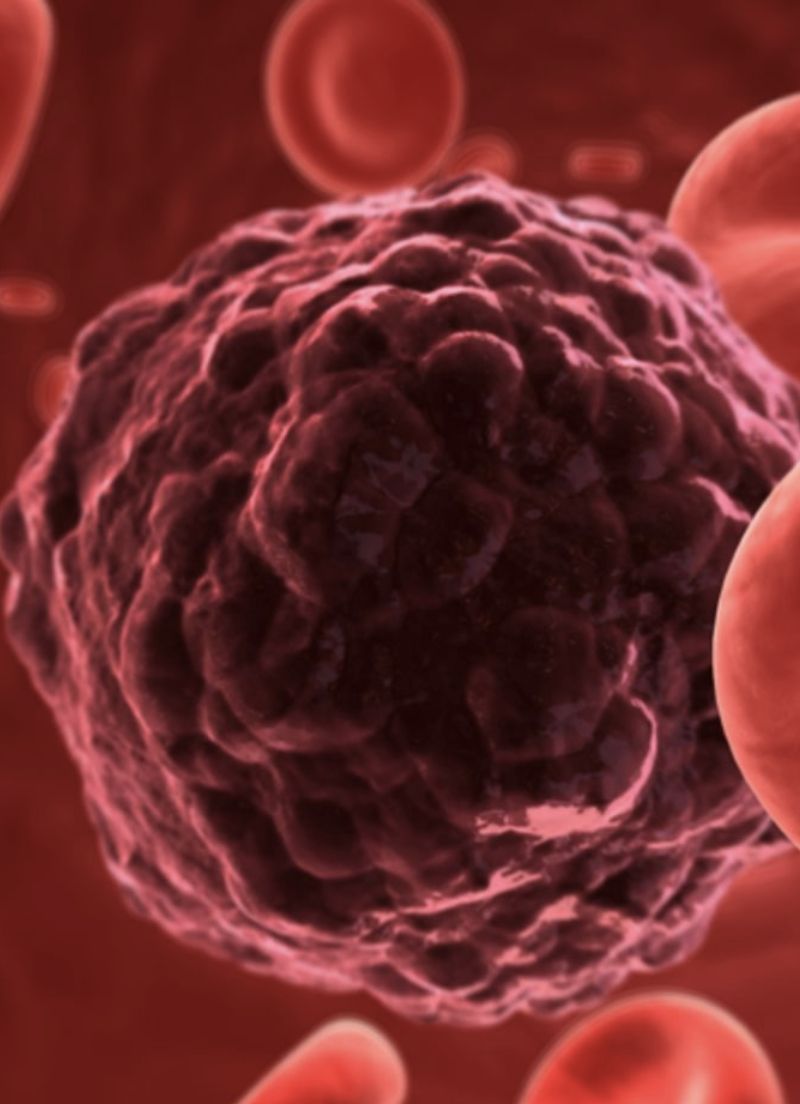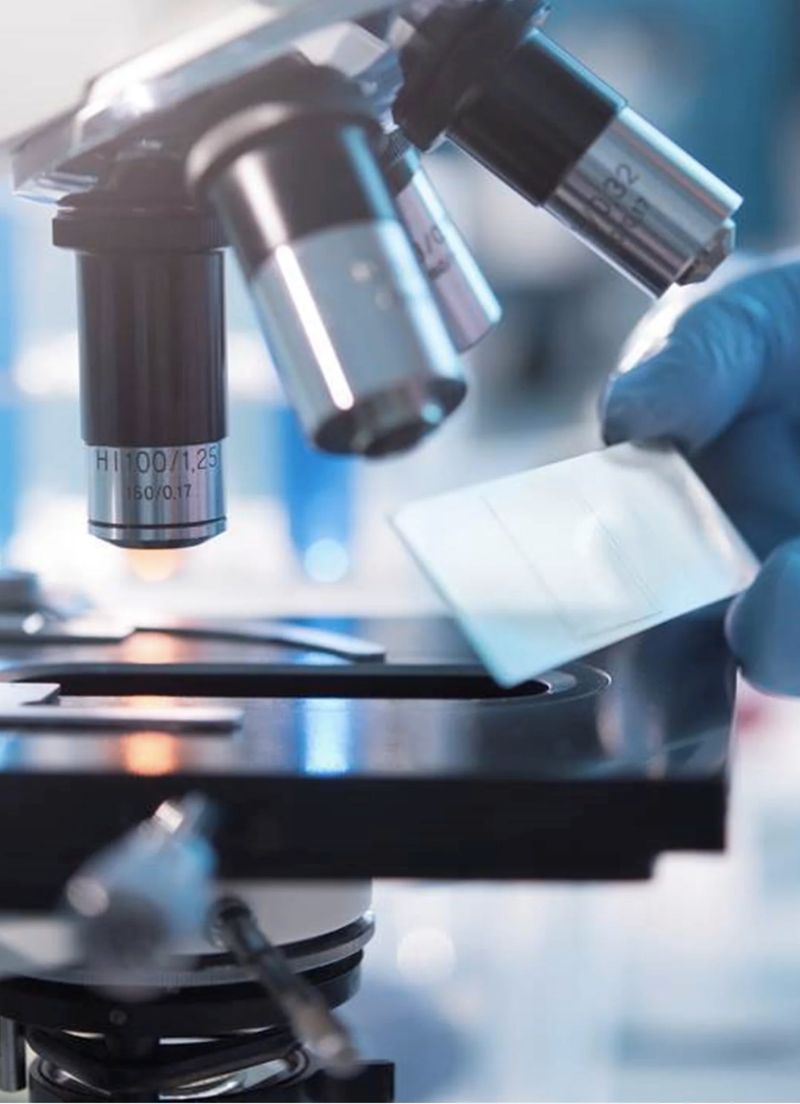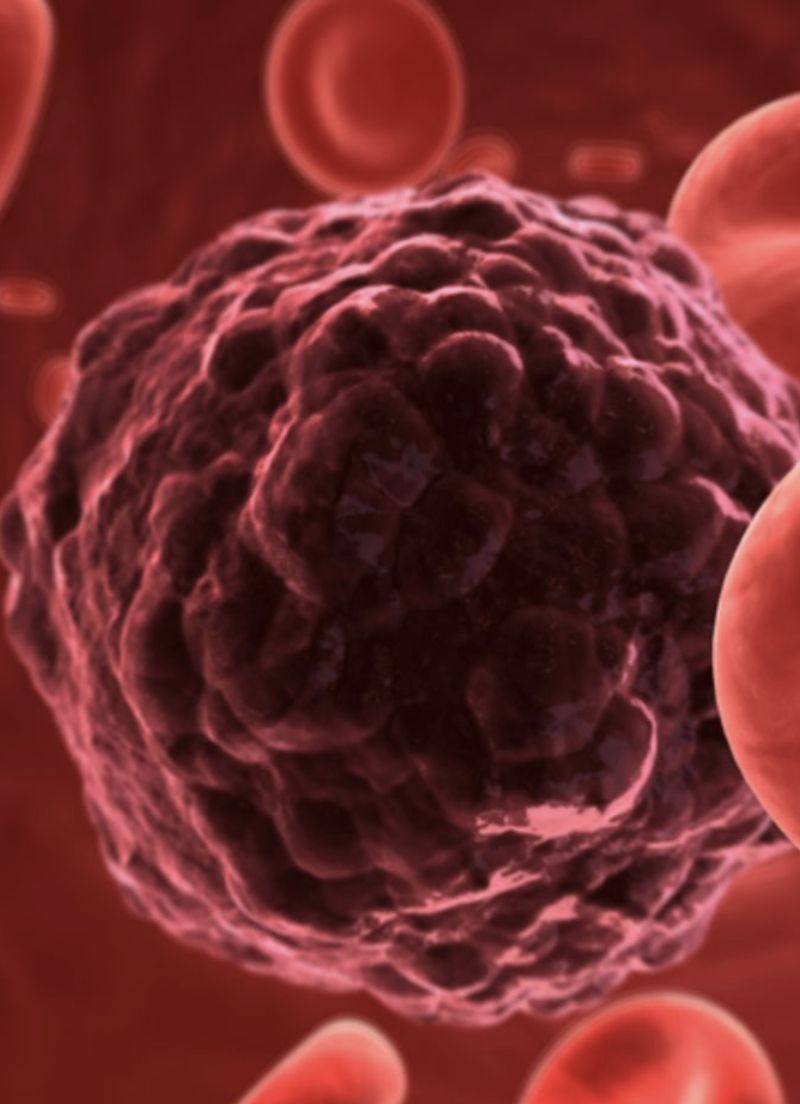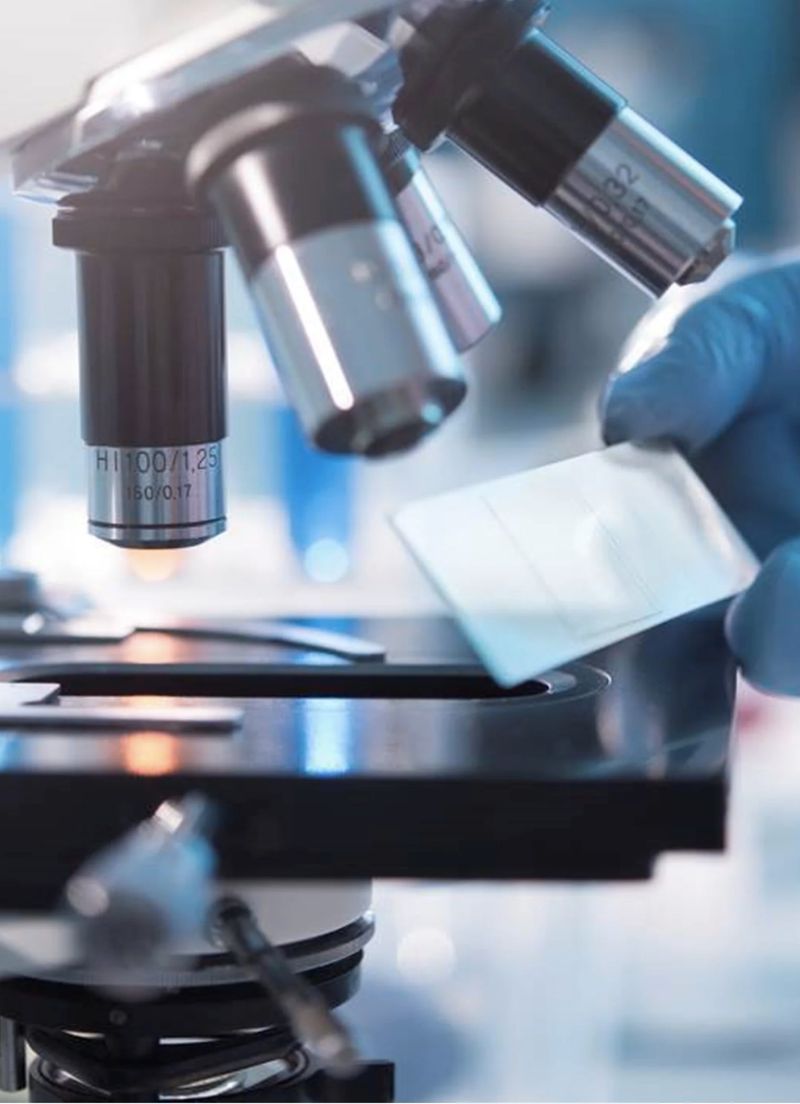O artigo resume a estratégia de investigação utilizada pela Flow com a utilização de algoritmos e testes reflexos, para reduzir o tempo entre a solicitação do exame e o resultado, reduzir o custo total do ?diagnóstico? e para otimizar recursos do cliente ou parceiro.
Introduction
Brazil is a country with >200 M habitants, where high-complexity diagnostic services are provided almost exclusively by expensive private companies and university hospitals in metropolitan areas. Yet, early, fast, and accurate hematology diagnosis is crucial for the successes rate of any subsequent treatment, independent from where the patient resides within Brazil.
*
We have evaluated the effectiveness of our remote onco-hematology laboratory and our decision making algorithm (DMA) as a diagnostic facility for the Hospital Estadual Nossa Senhora das Graças, a institution
for children with cancer.
Methods
Covering the period of the last 4 years (2018 to 2021), we have evaluated 300 new hematology patients (average age: 7-8 years) for triage and DMA evaluation (samples were submitted for flow cytometry, molecular and cytogenetic analysis, and reflex tests were performed after obtaining the flow-cytometry results). Furthermore, we performed 598 minimal residual disease investigations. Flow cytometry was performed using Beckman Coulter Life Science platform (Navios, DxFLEX and Kaluza) based on Harmonemia concept and results were released within 24 h; reflex tests were conducted only when appropriate.




Results
Among 300 submitted cases, 147 (49%) were classified as negative and 153 (51%) were classified as new cases for hematology disorders as follows. B-ALL: 104 (67,9%), T-ALL: 9 (5,9%), Burkitt: 4 (2,6%), AML/MDS: 30 (19,6%), PNH: 2 (1,3%), Aplasia: 2 (1,3%), and T-cell lymphoma: 2 (1,3%). The DMA triggered 304 molecular reflex tests (BCRABL: 100; ETV6-RUNXB: 87; KMT2A-AFF1: 88; FLT3: 15; NPM1: 14) and 125 cytogenetic analyses.
Using a high-complexity, remote, onco-hematology facility, we were able to reduce diagnosis turn-round-time (TAT) to 24 h, compared to the 72 h commonly required by reference labs, while target-driven molecular and cytogenetic analyses were only required for 50% of the submitted samples.
This strategy thus drastically reduces the number of tests, operational costs, sample recollections, and the TAT for the molecular tests/cytogenetic analyses.
1. Reduction of diagnosis turn-round-time (TAT)
Using a high-complexity, remote, onco-hematology facility, we were able to reduce diagnosis turn-round-time (TAT) to 24 h, compared to the 72 h commonly required by reference labs, while target-driven molecular and cytogenetic analyses were only required for 50% of the submitted samples.
2. Reduction of tests number
This strategy thus drastically reduces the number of tests, operational costs, sample recollections, and the TAT for the molecular tests/cytogenetic analyses.

In Brazil, DMA and reflex test strategies are currently exclusively performed as part of high-complexity hematology services; usually, they are not offered by reference laboratories, not routinely used in hospitals, and not covered by health-insurance plans. The present strategy is proof of concept that distance, economics, or payment models are not necessarily a barrier to provide precision medicine while reducing costs.
FLOW DIAGNÓSTICOS, SÃO PAULO, SP, BRAZIL
R Proto-Siqueira, S Lanes, AF Marinato, E Barros-Nascimento
HOSPITAL ESTADUAL NOSSA SENHORA DAS GRAÇAS, VITÓRIA, ES, BRAZIL
J Bortolini, G Zouain-Figueiredo


08:00 ás 18:00 de (seg a sex)
08:00 às 16:00 de (seg a sex)
E-MAIL: atendimento-es@flowdiagnosticos.com.br
Rua da Consolação, 881